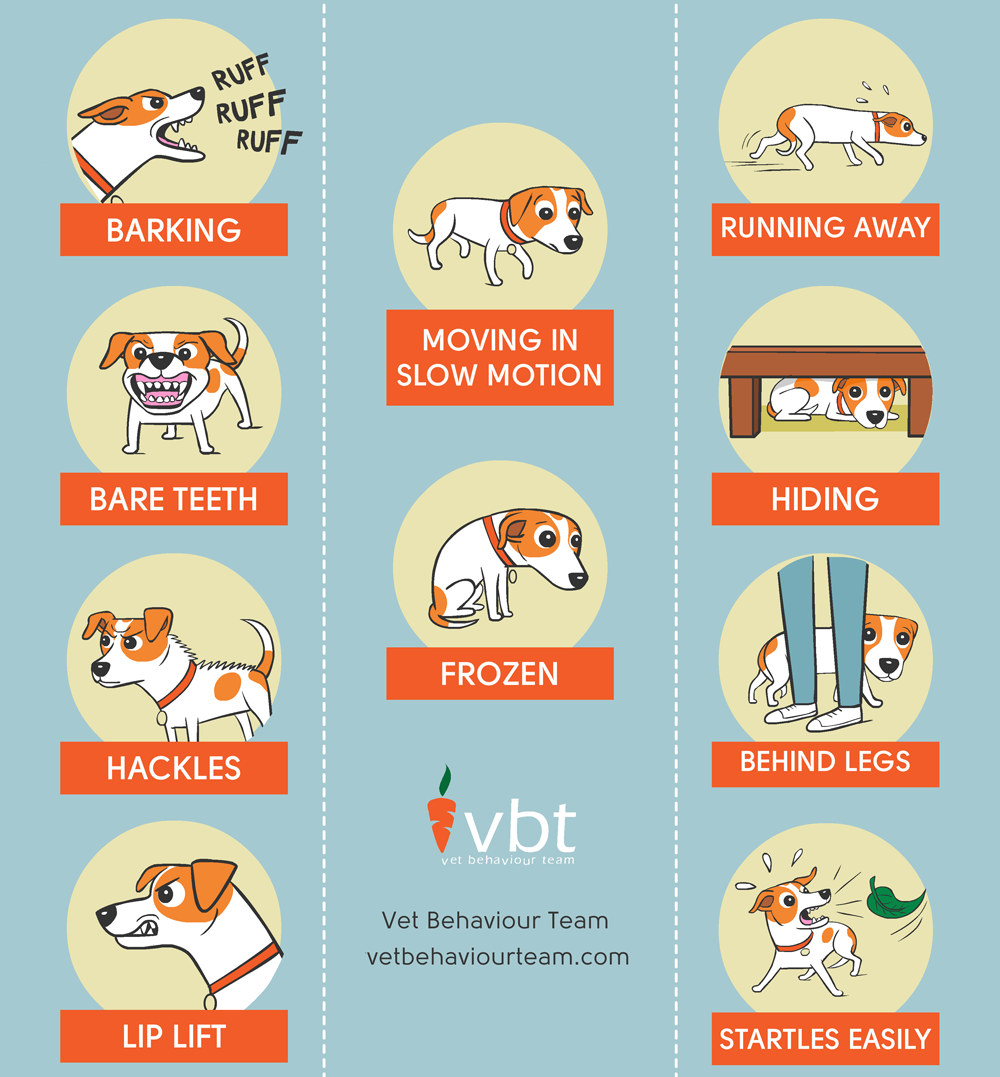Dog Daycare Daily Schedule
Dog Daycare Daily Schedule
Blog Article
Can Canine Day Care Cause Disease?
Dogs in childcare obtain lots of exercise, socializing with various other canines and unique experiences. This can be particularly handy for young puppies and canines with behavioral concerns.
There are a number of lawful factors to consider you require to take into account when starting a dog childcare organization. These include the structure of your company and compliance with government guidelines.
1. Pooch Distemper
Canine distemper is spread through direct contact with the bodily fluids and waste of an infected canine, however it can likewise be transferred using common water and food bowls or via airborne beads. This very contagious illness is most dangerous for young puppies, however it can affect pet dogs of any kind of age and is deadly for the majority of if left untreated.
Initial signs of canine distemper commonly simulate an acute rhinitis, consisting of dripping eyes and nose with watery or pus-like discharge. As the condition proceeds, a pet will certainly create high temperature, coughing, lowered appetite, vomiting and diarrhea. The virus can likewise assault the nerve system, leading to seizures, jerking and partial or complete paralysis.
Respectable day cares decrease exposure to infection by requiring vaccinations, routine health examinations and adhere to rigorous health procedures. If your puppy seems excessively exhausted or limping, a day of rest may help him recoup, yet you need to stay clear of taking him back to childcare up until these signs and symptoms improve.
2. Kennel Cough
Kennel coughing, likewise known as infectious canine tracheobronchitis or Bordetella, is a very contagious viral or bacterial condition that affects the respiratory system tract. It's typically transferred through the exchange of saliva or air droplets that a sick dog exhales. Social pets go to greater danger for infection because of their regular interaction with one another, such as when they play, share food or water, sniff each other or merely satisfy in a congested environment like a dog park or childcare.
One of the most typical symptom of kennel cough is a persistent and forceful cough that seems like something embeded the throat or retching. Typically, canines will spend frothy white phlegm. If left unattended, a pet dog can establish pneumonia and be at significant threat forever.
A credible day care facility need to have rigorous cleansing and hygiene procedures, sanitize all playthings, food and water bowls on a regular basis, and be open regarding their inoculation policies. Maintaining your pet dog approximately date on their vaccinations, specifically for bordetella and canine flu, will significantly reduce their opportunities of acquiring the disease.
3. Parvovirus
Canine parvovirus, or parvo, is a highly transmittable viral disease that can be deadly for pups and young person canines with poor body immune systems. It's most generally spread by direct contact with infected canine feces-- which can take place when canines smell, lick, or taste contaminated feces-- and indirectly from polluted people, items, or environments (like kennels, brushing rooms and grass). Puppies and pet dogs without complete inoculation histories are specifically at risk to parvo.
The infection is incredibly resistant, making it through in the environment for as much as nine years, and can easily be moved between pets by get in touch with through feces or on footwear, clothing, and bed linen polluted with parvovirus. If not dealt with instantly with IV liquids, electrolyte balance, throwing up control medicines and antibiotics to avoid secondary bacterial infections, a dog will swiftly dehydrate and create severe looseness of the bowels, which leads to shock and blood poisoning. Parvo is difficult to heal once a pet dog has actually ended up being ill, yet with appropriate vet care, numerous pups do survive this health problem.
4. Canine Flu
Canine influenza infection is highly transmittable and spreads with direct get in touch with, sharing food and water bowls, licking or nuzzling various other canines, via airborne beads, and through polluted surface areas. Vaccination works in decreasing the risk of infection and break outs.
The majority of affected canines create a light respiratory infection with a coughing that lasts 1-3 weeks. They might also have nasal and eye discharge, sneezing, and sleepiness. A few of one of the most severe cases lead to pneumonia and a high fever.
If your pet exhibits dog days daycare & boarding any of these signs, do not bring them back to childcare until they are healthy and balanced. If your dog is showing indicators of extreme exhaustion or limping, speak to your vet right now and make sure they get on healthiness supplements to help develop their resistance. A vet will examine your pet for symptoms of the flu by taking an example from the nose or throat, and blood examinations can be done to confirm.